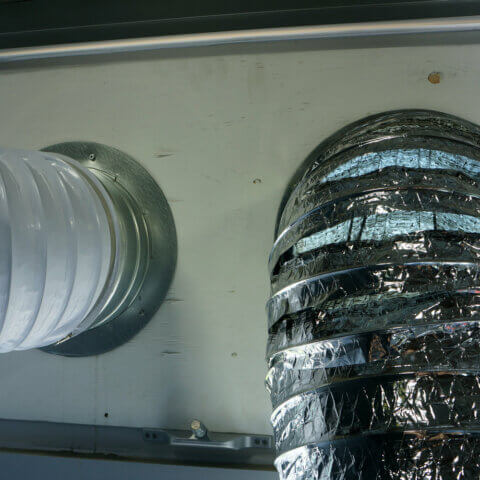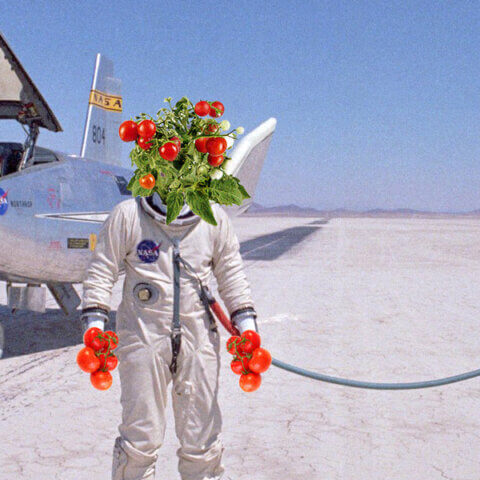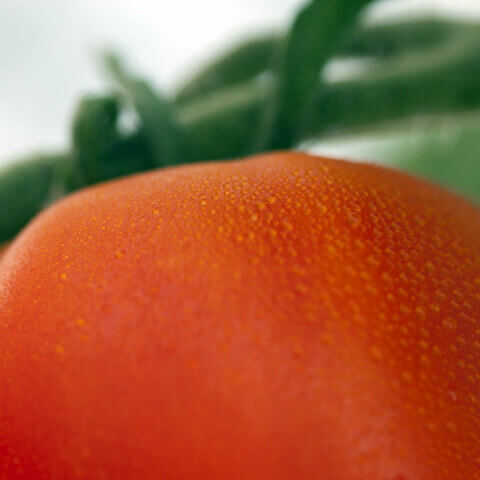What we talk about when we talk about hydroponics
Hydroponics means “working water” (hydro means water and ponos means labor). Many different civilizations have utilized hydroponic growing techniques throughout history.
As noted in Hydroponic Food Production by Howard M. Resh: “The hanging gardens of Babylon, the floating gardens of the Aztecs of Mexico and those of the Chinese are examples of ‘Hydroponic’ culture. Egyptian hieroglyphic records dating back several hundred years B.C. describe the growing of plants in water.” While hydroponics is an ancient method of growing plants, giant strides have been made over the years in this innovative area of agriculture.
Throughout the last century, scientists and horticulturists experimented with different methods of hydroponics. One of the potential applications of hydroponics that drove research was growing fresh produce in non-arable areas of the world and areas with little to no soil. Hydroponics was used during World War II to supply troops stationed on non-arable islands in the Pacific with fresh produce grown in locally established hydroponic systems.
Later in the century, hydroponics was integrated into the space program. As NASA considered the practicalities of locating a society on another planet or the Earth’s moon, hydroponics easily fit into their sustainability plans. By the 1970s, it wasn’t just scientists and analysts who were involved in hydroponics. Traditional farmers and eager hobbyists began to be attracted to the virtues of hydroponic growing.
A few of the benefits of hydroponics
- The ability to produce higher yields than traditional, soil-based agriculture.
- Allowing food to be grown and consumed in areas of the world that cannot support crops in the soil.
- Eliminating the need for massive pesticide use (considering most pests live in the soil), effectively making our air, water, soil, and food cleaner.
Commercial Growing
Commercial growers are flocking to hydroponics like never before. The ideals surrounding these growing techniques touch on subjects that most people care about, such as helping end world hunger and making the world cleaner. People from all over the world have been building or purchasing their own systems to grow great-tasting, fresh food for their family and friends. Ambitious individuals are striving to make their dreams come true by making their living in their backyard greenhouse by selling their produce to local markets and restaurants. In the class room, educators are realizing the amazing applications that hydroponics can have to teach children about science and gardening.
Hydroponic Research
The speed of hydroponic research is increasing at exponential rates as the many benefits are realized. Associated disciplines such as aeroponics and aquaponics lead the way and nobody knows what the future holds for such an exciting green technology. General Hydroponics will continue to drive innovation and provide cutting edge technologies and resources.







